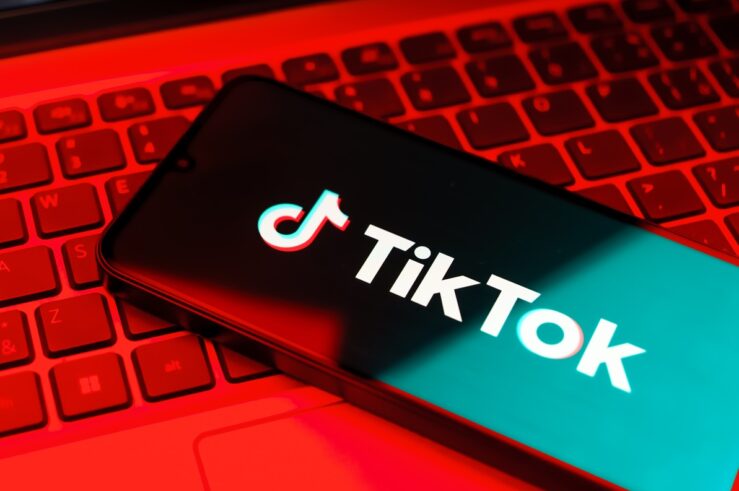
This article is a part of the The Law, Economics, and Policy of the COVID-19 Pandemic symposium.

[TOTM: The following is part of a blog series by TOTM guests and authors on the law, economics, and policy of the ongoing COVID-19 pandemic. The entire series of posts is available here.
This post is authored by Steve Cernak, (Partner, Bona Law).]
The antitrust laws have not been suspended during the current COVID-19 crisis. But based on questions received from clients plus others discussed with other practitioners, the changed economic conditions have raised some new questions and put a new slant on some old ones.
Under antitrust law’s flexible rule of reason standard, courts and enforcers consider the competitive effect of most actions under current and expected economic conditions. Because those conditions have changed drastically, at least temporarily, perhaps the antitrust assessments of certain actions will be different. Also, in a crisis, good businesses consider new options and reconsider others that had been rejected under the old conditions. So antitrust practitioners and enforcers need to be prepared for new questions and reconsiderations of others under new facts. Here are some that might cross their desks.
Benchmarking
Benchmarking had its antitrust moment a few years ago as practitioners discovered and began to worry about this form of communication with competitors. Both before and since then, the comparison of processes and metrics to industry bests to determine where improvement efforts should be concentrated has not raised serious antitrust issues – if done properly. Appropriate topic choice and implementation, often involving counsel review and third-party collection, should stay the same during this crisis. Companies implementing new processes might be tempted to reach out to competitors to learn best practices. Any of those companies unfamiliar with the right way to benchmark should get up to speed. Counsel must be prepared to help clients quickly, but properly, benchmark some suddenly important activities, like methods for deep-cleaning workplaces.
Joint ventures
Joint ventures where competitors work together to accomplish a task that neither could alone, or accomplish it more efficiently, have always received a receptive antitrust review. Often, those joint efforts have been temporary. Properly structured ones have always required the companies to remain competitors outside the joint venture. Joint efforts among competitors that did not make sense before the crisis might make perfect sense during it. For instance, a company whose distribution warehouse has been shut down by a shelter in place order might be able to use a competitor’s distribution assets to continue to get goods to the market.
Some joint ventures of competitors have received special antitrust assurances for decades. The National Cooperative Research and Production Act of 1993 was originally passed in 1984 to protect research joint ventures of competitors. It was later extended to certain joint production efforts and standard development organizations. The law confirms that certain joint ventures of competitors will be judged under the rule of reason. If the parties file a very short notice with the DOJ Antitrust Division and FTC, they also will receive favorable treatment regarding damages and attorney’s fees in any antitrust lawsuit. For example, competitors cooperating on the development of new virus treatments might be able to use NCRPA to protect joint research and even production of the cure.
Mergers
Horizontal mergers that permanently combine the assets of two competitors are unlikely to be justified under the antitrust laws by small transitory blips in the economic landscape. A huge crisis, however, might be so large and create such long-lasting effects that certain mergers suddenly might make sense, both on business and antitrust grounds. That rationale was used during the most recent economic crisis to justify several large mergers of banks although other large industrial mergers considered at the same time were abandoned for various reasons. It is not yet clear if that reasoning is present in any industry now.
Remote communication among competitors
On a much smaller but more immediate scale, the new forms of communication being used while so many of us are physically separated have raised questions about the usual antitrust advice regarding communication with competitors. Antitrust practitioners have long advised clients about how to prepare and conduct an in-person meeting of competitors, say at a trade association convention. That same advice would seem to apply if, with the in-person convention cancelled, the meeting will be held via Teams or Zoom. And don’t forget: The reminders that the same rules apply to the cocktail party at the bar after the meeting should also be given for the virtual version conducted via Remo.co.
Pricing and brand Management
Since at least the time when the Dr. Miles Medical Co. was selling its “restorative nervine,” manufacturers have been concerned about how their products were resold by retailers. Antitrust law has provided manufacturers considerable freedom for some time to impose non-price restraints on retailers to protect brand reputations; however, manufacturers must consider and impose those restraints before a crisis hits. For instance, a “no sale for resale” provision in place before the crisis would give a manufacturer of hand sanitizer another tool to use now to try to prevent bulk sales of the product that will be immediately resold on the street.
Federal antitrust law has provided manufacturers considerable freedom to impose maximum price restraints. Even the states whose laws prevent minimum price restraints do not seem as concerned about maximum ones. But again, if a manufacturer is concerned that some consumer will blame it, not just the retailer, for a sudden skyrocketing price for a product in short supply, some sort of restraints must be in place before the crisis. Certain platforms are invoking their standard policies to prevent such actions by resellers on their platforms.
Regulatory hurdles
While antitrust law is focused on actions by private parties that might prevent markets from properly working to serve consumers, the same rationales apply to unnecessary government interference in the market. The current health crisis has turned the spotlight back on certificate of need laws, a form of “brother may I?” government regulation that can allow current competitors to stifle entry by new competitors. Similarly, regulations that have slowed the use of telemedicine have been at least temporarily waived.
Conclusion
Solving the current health crisis and rebuilding the economy will take the best efforts of both our public institutions and private companies. Antitrust law as currently written and enforced can and should continue to play a role in aligning incentives so we need not rely on “the benevolence of the butcher” for our dinner and other necessities. Instead, proper application of antitrust law can allow companies to do their part to (reviving a slogan helpful in a prior national crisis) keep America rolling.




